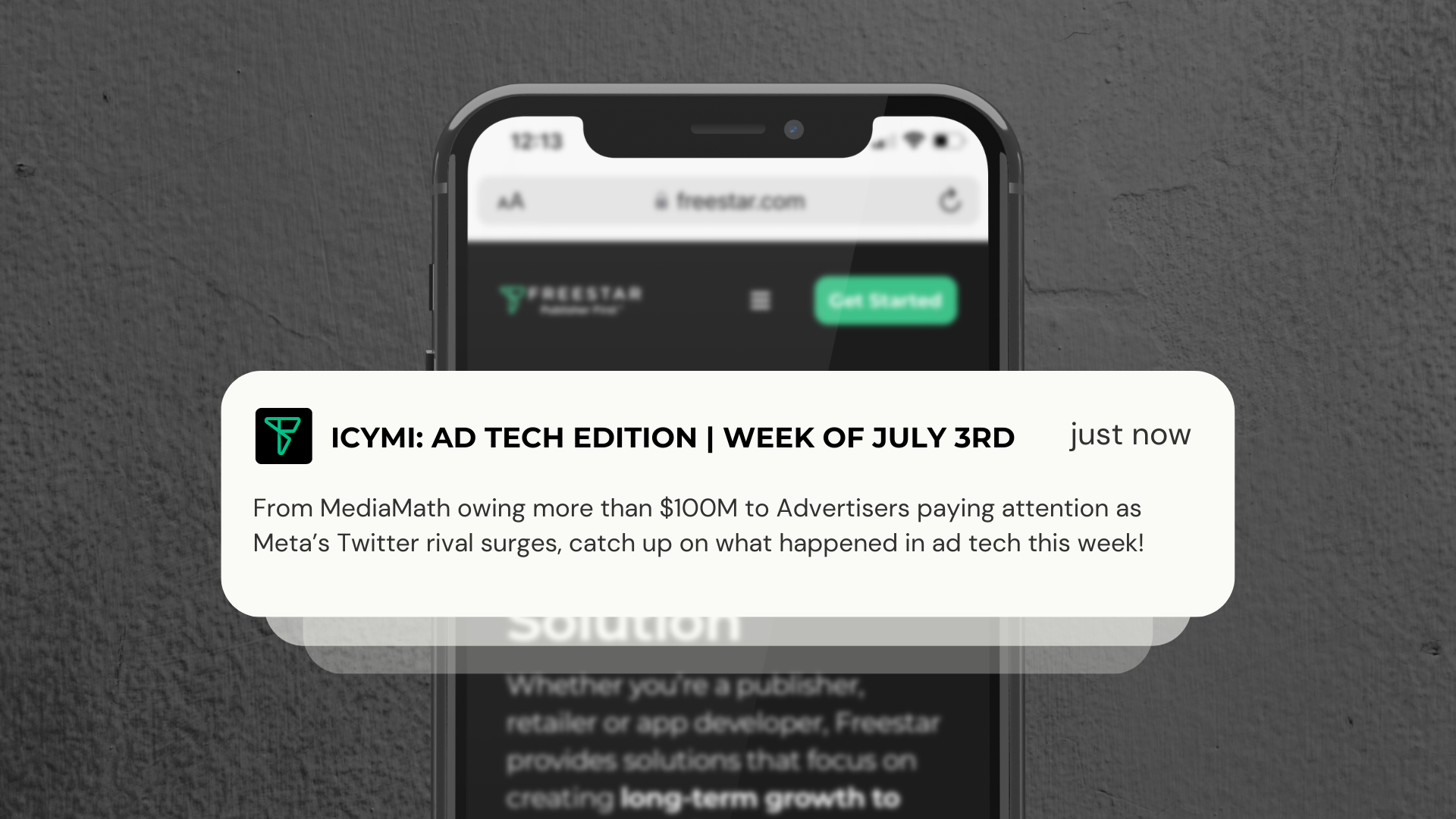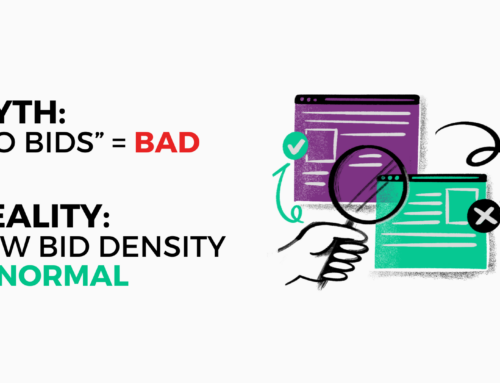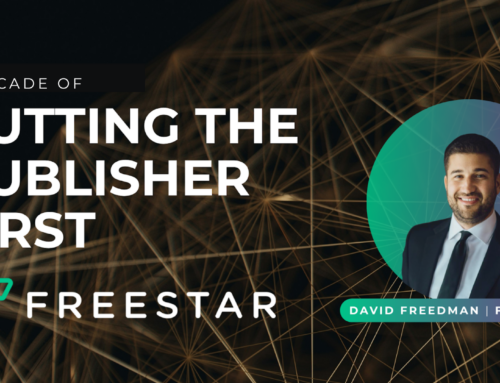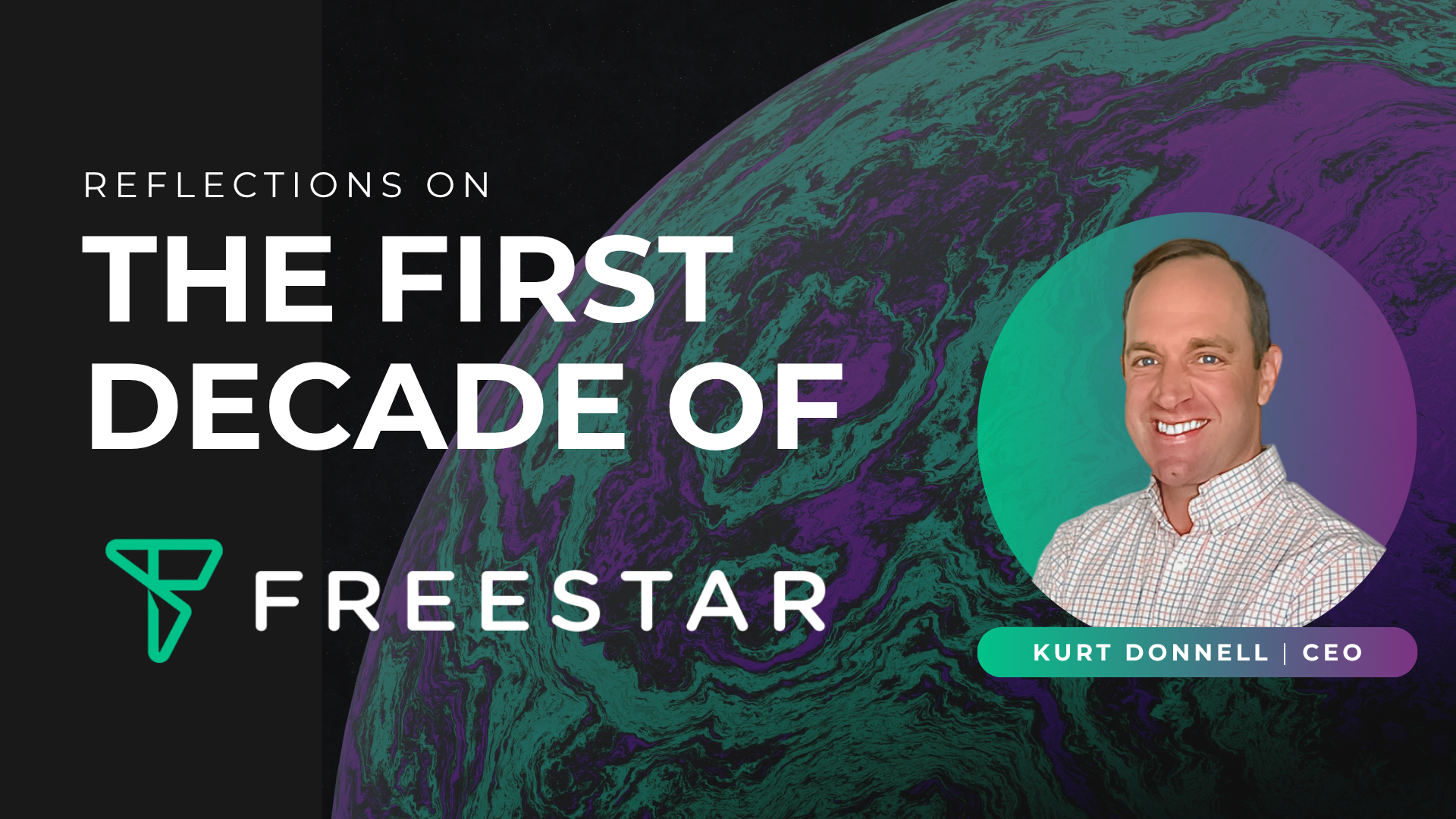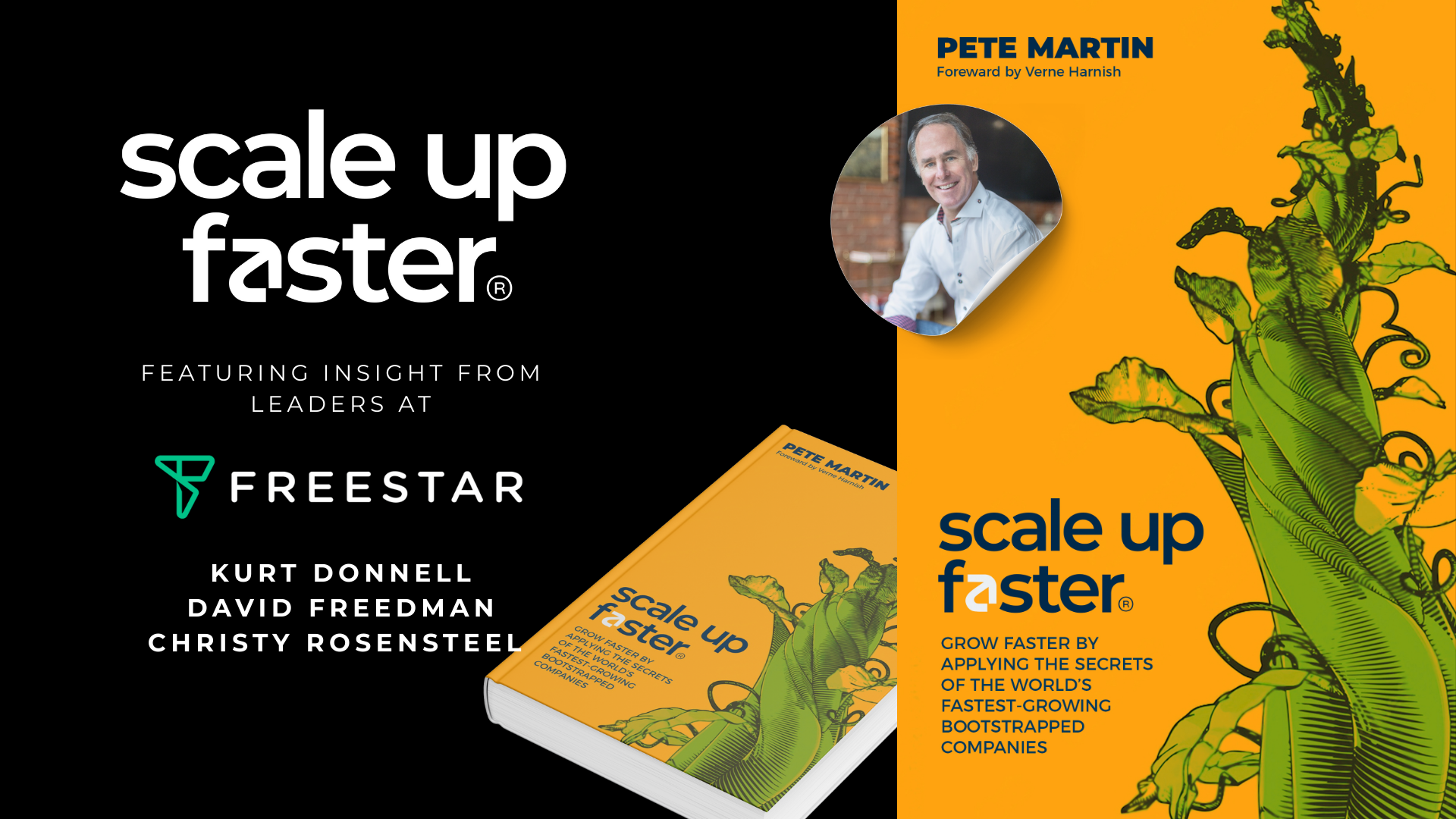Bits and Bobs from around the industry:
- MediaMath Owes More Than $100 Million To At Least 200 Companies, Including Major SSPs | AdExchanger
- The Rundown: The ANA’s latest programmatic transparency audit confirms many open secrets | Digiday
- IAB Tech Lab Blesses Its First Set Of Data Clean Room Specs | AdExchanger
- Advertisers Pay Attention as Meta’s Twitter Rival Surges | The New York Times
MediaMath Owes More Than $100 Million To At Least 200 Companies, Including Major SSPs | AdExchanger
MediaMath, an ad tech company, has filed for Chapter 11 bankruptcy protection, revealing debts of over $100 million to more than 200 creditors. The company owes significant amounts to well-known ad tech providers such as Magnite, PubMatic, Xandr, and Google. MediaMath’s bankruptcy will have ripple effects on the online advertising industry, as media buyers and ad ops personnel scramble to transfer their campaigns to other platforms. Unsecured creditors, including the ad tech suppliers, may receive only partial payment or face a lengthy collections process, while secured creditors like Goldman Sachs will be prioritized. The bankruptcy filing lists the largest unsecured claims, with Magnite and PubMatic being owed the most. The collapse of MediaMath has been attributed to missed acquisition opportunities, ill-fated business decisions, and failed restructuring attempts. The dominance of Google, Amazon, and Meta (formerly Facebook) in the advertising industry is also seen as a challenge for independent DSPs (demand-side platforms) like MediaMath.
The Rundown: The ANA’s latest programmatic transparency audit confirms many open secrets | Digiday
The article discusses the lack of transparency in programmatic advertising and the findings of a recent investigation commissioned by the ANA (Association of National Advertisers). The investigation confirms long-held suspicions within the industry that the landscape is plagued with uncertainty and potential fraud. Some key points highlighted in the article include:
- Wasted ad spend: The audit reveals that campaigns span an average of 44,000 websites, but only 100 publishers capture 80% of programmatic ad dollars. This concentration challenges the notion of an open internet and suggests that advertisers can achieve their goals by targeting a smaller subset of high-quality sites.
- Full path log level data: The investigation shows that when sufficient data is analyzed, there is no concealed “unknown delta” of unattributable ad spend. Access to comprehensive data empowers advertisers to optimize vendors and bidding strategies, but obtaining this data remains a challenge due to the need to harmonize diverse datasets.
- Made-for-advertising sites: The auditors found that a significant portion of ad spend (15%) and impression volume (21%) went to sites that exist solely to monetize traffic through ad arbitrage. This finding highlights the lack of awareness among marketers and the need for greater advertiser engagement and responsibility.
The article concludes by highlighting the challenges faced during the investigation, such as data ownership rights and limited advertiser engagement. While the lack of transparency in programmatic advertising is an ongoing concern, there is hope that increased awareness and responsible media investments can drive positive change in the industry. Prioritizing direct publisher integrations and using inclusion lists are suggested as steps towards greater transparency and effectiveness in programmatic advertising.
IAB Tech Lab Blesses Its First Set Of Data Clean Room Specs | AdExchanger
The IAB Tech Lab has released its first data clean room guidance, along with the Open Private Join and Activation (OPJA) specifications. These standards aim to facilitate the secure use of data clean rooms for audience matching and attribution. The OPJA standard has been upgraded to be interoperable with the IAB’s Ads.cert standard, ensuring greater security and trust in bid requests and data usage. While the guidelines are not industry-changing, they provide best practices for companies to implement data clean rooms effectively. Advertisers should be cautious of collusion scenarios in clean room setups and follow the guidelines to prevent data exposure and potential fraudulent activities. The IAB Tech Lab aims to make data clean room technology less daunting for ad buyers and sellers by providing step-by-step implementation basics and standardizing processes.
Advertisers Pay Attention as Meta’s Twitter Rival Surges | The New York Times
Meta, the company behind Facebook, has launched its new social network called Threads, which aims to compete with Twitter. Within seven hours of its launch, Threads gained over 10 million sign-ups, including prominent figures like Oprah Winfrey and Representative Alexandria Ocasio-Cortez. Advertisers, such as Procter & Gamble and Ford, are closely watching the competition between Threads and Twitter, as brand safety concerns persist on the latter. Meta envisions Threads as a platform for public conversations and aims to reach over one billion users. Although Meta has faced privacy and data-related challenges in the past, it is seen as a genuine alternative to Twitter. Meta has imported features from Instagram and is targeting digitally savvy creators. However, one potential concern is that deleting a Threads account also requires deleting an Instagram account, which may invite scrutiny from the Federal Trade Commission. Elon Musk, the CEO of Tesla, expressed his preference for Twitter over Instagram in a tweet.

